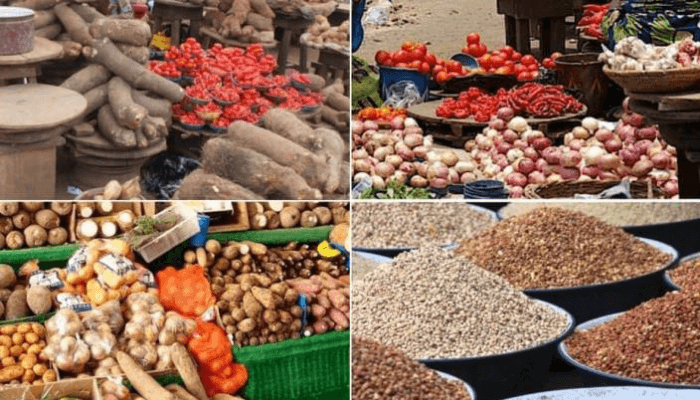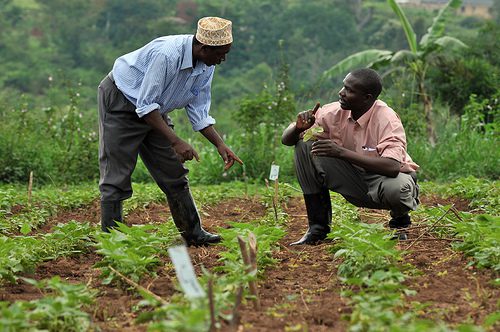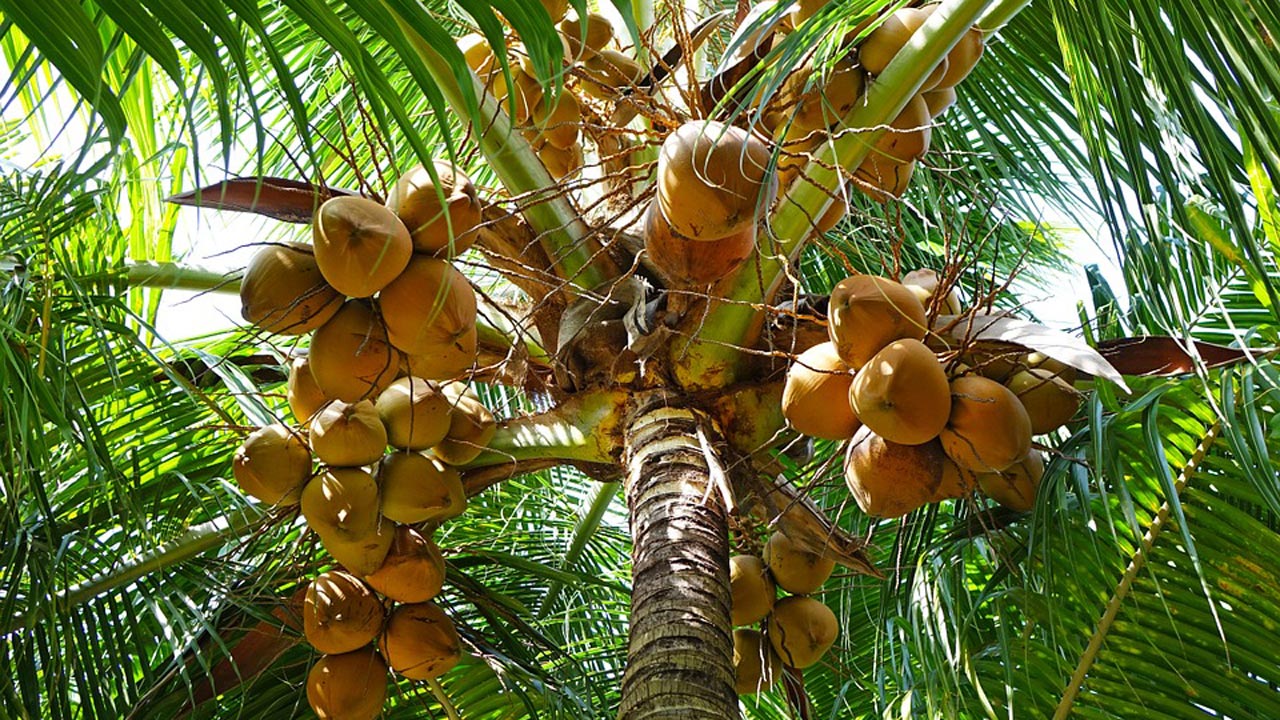
The Small-Scale Women Farmers Organisation in Nigeria (SWOFON) has expressed concerns over the 36 percent drop in the proposed 2025 agriculture budget despite the 40 percent food inflation rate.
The organisation noted that despite an overall increase in the national budget from N49.7 trillion to N54.2 trillion, the allocation for the Federal Ministry of Agriculture and Food Security (FMAFS) dropped by 36.19%, from N996.9 billion in 2024 to N636.08 billion in 2025.
They also pointed out that the share of the federal budget dedicated to the agriculture sector has also declined from 2.84 per cent in 2024 to just 1.2 per cent in 2025, far below the 10 per cent benchmark set by the Malabo Declaration.
The leadership of SWOFON, during a joint press conference with the Community of Agriculture Non-State Actors (COANSA) and ActionAid Nigeria yesterday in Abuja, criticised the federal government’s failure to prioritise agriculture, warning that the sector’s underfunding threatens Nigeria’s food and nutrition security amid rising hunger and economic hardship.
The National President of SWOFON, Fatima Gumi, while reading out the text of the press conference, pointed out that even with the inclusion of the newly created Federal Ministry of Livestock, the total budget for the agriculture sector only reaches N647.88 billion (1.3% of the national budget), a move stakeholders say reflects the government’s insufficient commitment to food security.
They further observed that the capital allocation for the FMAFS Headquarters has also been significantly reduced, from N886.65 billion in 2024 to N405.93 billion in 2025, raising concerns about the ministry’s capacity to implement key agricultural policies such as the National Agricultural Technology and Innovation Policy (NATIP).
READ ALSO: Battling food inflation: How rising costs are redefining the Nigerian diet
The National Agricultural Development Fund (NADF) has been allocated N132.3 billion, with 97% of its capital budget earmarked for the Renewed Hope Fertiliser Support Program (RH-FSP). However, the budget lacks details on how the programme will be implemented, raising fears that funds may not be effectively utilised.
Additionally, stakeholders questioned the N3 billion allocated for office buildings under NADF, arguing that such funds should be redirected to more pressing agricultural interventions.
The groups commended President Bola Tinubu for proposing an additional N1.5 trillion for the recapitalisation of the Bank of Agriculture (BoA), N500 billion for the Bank of Industry (BoI), and N380 billion for irrigation development through River Basin Development Authorities.
However, they urged the government to ensure the timely and full release of funds, particularly for the Bank of Agriculture recapitalisation, which has faced repeated delays.
To address the shortfalls in the 2025 agriculture budget, SWOFON, COANSA, and ActionAid Nigeria called for an increase in the agriculture budget allocation to at least 10% of the national budget, in line with the Malabo Declaration.
READ ALSO: Fresh inflation concern as NPA raises port charges by 15 per cent
They stressed the need to align budget planning with NATIP objectives, as only 34% of the current budget supports NATIP implementation, and also emphasised the need to prioritise funding for critical agricultural sectors, including extension services, access to credit, women and youth in agriculture, climate-resilient farming, and post-harvest loss reduction.
They also recommended the need to revise the NADF budget to ensure funds are directed toward meaningful agricultural development rather than administrative expenses, as well as expand support for livestock farmers by ensuring the new Ministry of Livestock is properly funded and structured for effective operations.
They called on the federal government to fast-track the recapitalisation of the Bank of Agriculture to support smallholder farmers and improve credit access, and to also strengthen gender inclusivity in agriculture by increasing funding for women farmers and gender-sensitive agricultural programmes.
The group further advocates the need to enhance investments in irrigation, processing, and storage facilities to improve food production and reduce post-harvest losses.
While emphasising the need for massive investment in agriculture to tackle food insecurity, reduce poverty, and ensure economic stability, they called on President Tinubu and state governors to take urgent action by prioritising agriculture in budget planning and implementation.






